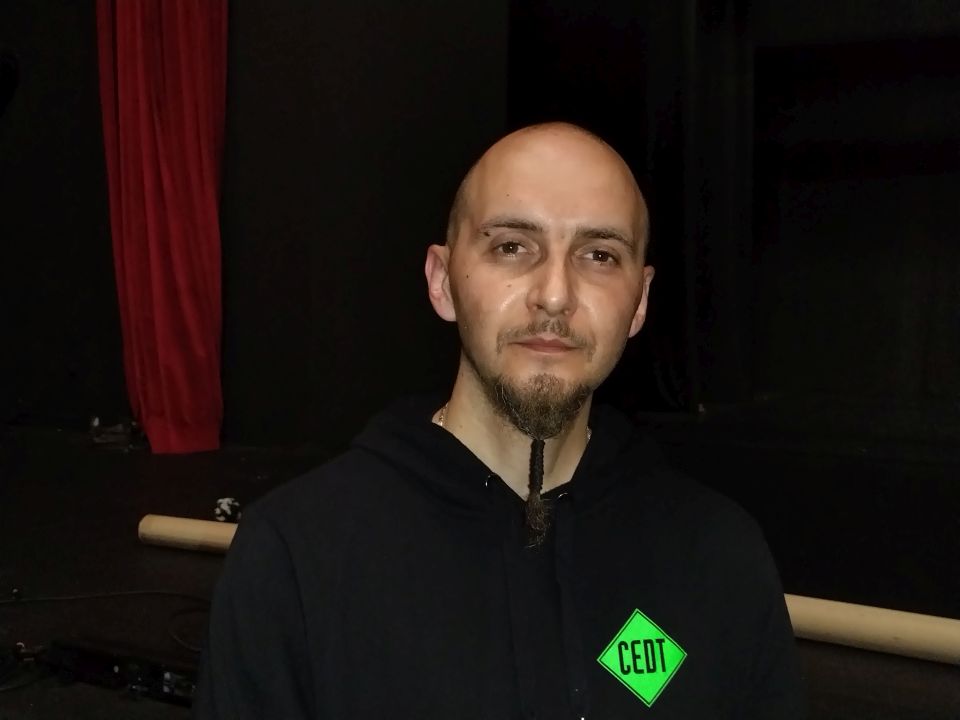The Central European Dance Theater from Budapest arrived at the Novi Sad Theater Festival with Shakespeare's "A Midsummer Night's Dream": a project (work in progress), a dance performance in which the dancers revealed emotions and states through play and association. Last night’s performance had a lot of things happening during a midsummer night in the collaboration of Budapest dancers - desires, longing, light, but also the dark worlds of man when light defeats darkness within him, burst forth. After the performance, we spoke to László Madi, the artistic advisor of this troupe...
What does Shakespeare mean to young people today, how do they understand him?
We wanted to show them the different layers of Shakespeare that carry different associations. We didn't want to digest anything Shakespearean and hand it over to them as a legacy, but to reach a state where they are able to think through dance, and not just dance for the sake of it.
Do younger Budapesters go to the theater?
Our experience is that young people enter the theater less and less. For example, young people learn Shakespeare in high school, but the stories from Shakespeare's plays are mixed with other reading material and do not have enough space, so that what Shakespeare would like to give us as knowledge and experience does not come to the surface. Today's youth do not connect with Shakespeare’s work. So, our idea is to offer connection, to make them aware of that contact and its importance, to introduce the young to Shakespeare’s world through dance.
How to open young people's hearts to theater, how to get them interested in stories from real life?
It is too difficult to answer that question because there is none. We, theater people can't solve it at all, at least not 100%. We have, for example, some performances in which the audience becomes part of our troupe. They dance with us. And this play has one such variety where we involve them in the stage events. After the play, we have a conversation with a drama pedagogue, who specializes in communication with young people. I think such conversations are important because they help us make a good show that is understandable for young people. It is very important not only to attract them to the theater, but to teach them to master the vocabulary of the theater, theater signs, because that is the only way they can read the theater correctly. Without that, they won't understand anything and the theater won't be interesting for them.




